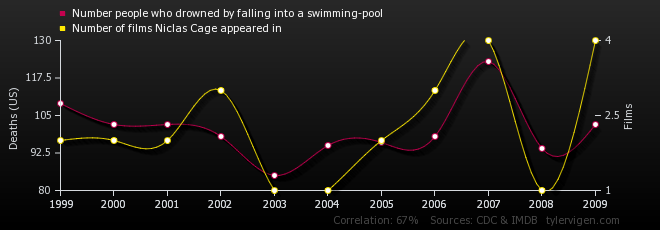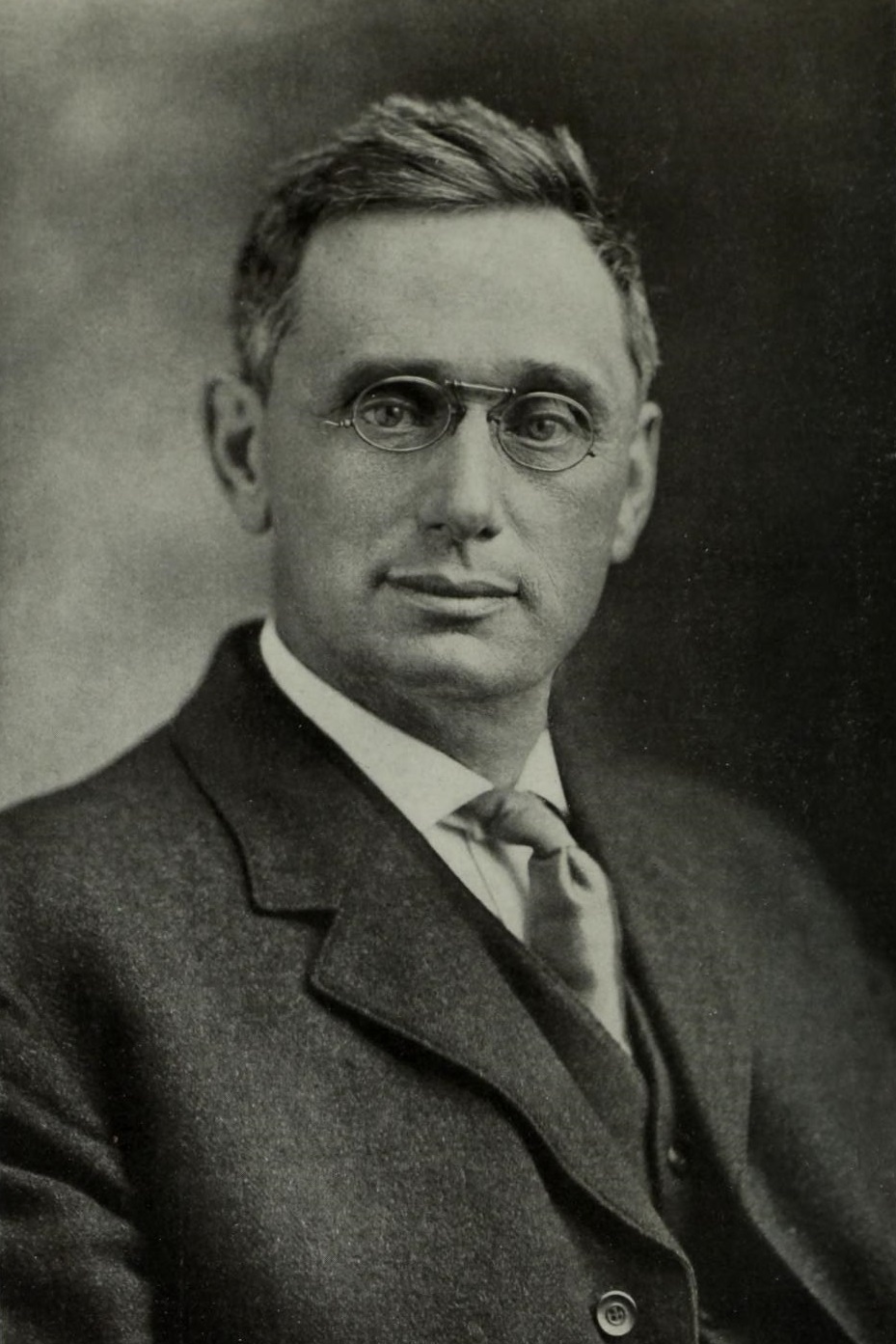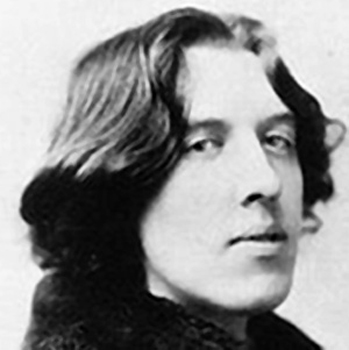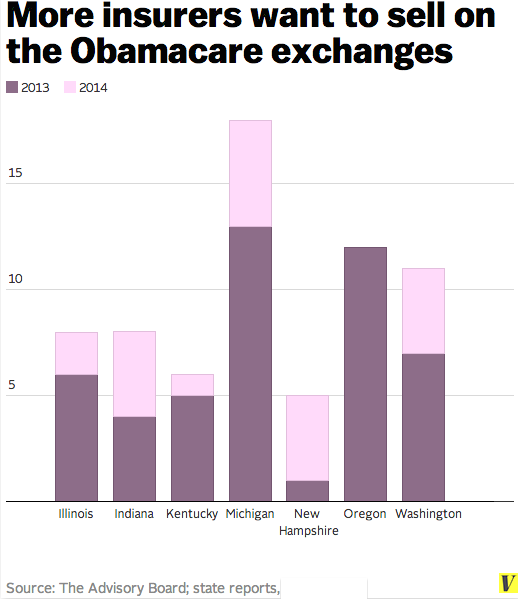 I have been writing a bit lately on the need for healthcare providers to talk with their patients about healthcare costs, if for no other reason than to enable patients to determine whether they can afford to pay for the healthcare that their doctors are recommending them to receive. I have been criticized for this position, on the grounds that I am rationing care from people with less money and connections than I have, a criticism that I have explained as being misguided.
I have been writing a bit lately on the need for healthcare providers to talk with their patients about healthcare costs, if for no other reason than to enable patients to determine whether they can afford to pay for the healthcare that their doctors are recommending them to receive. I have been criticized for this position, on the grounds that I am rationing care from people with less money and connections than I have, a criticism that I have explained as being misguided.
But I have faced another more reasonable criticism too, one I want to write about today. I have been reminded that doctors and other healthcare providers cannot easily discuss healthcare costs with patients because those costs are often unknown. Lisa Rosenbaum made this point in an excellent New Yorker essay:
“The first problem with financial disclosure from doctor to patient is a practical one. Doctors rarely know how much their patients actually pay. Patients are covered by a variety of insurers, all of whom offer several plans, for which any individual patient has a different copayment and deductible, which he may or may not have met.”
In this post, I will lay out a fuller version of this criticism and then explain why I still think doctors need to hold these conversations, and also why I think these conversations will become much more common in the near future… (Read more and view comments)


 My patient had been feeling unusually irritable lately. Nothing had changed in his home or work life to bring on such a shift in mood. He wasn’t taking any medicines that could cause such symptoms either, being a strappingly healthy young guy. A weightlifter in fact. “Are you taking any kind of steroids?,” I asked him non-judgmentally. I knew that such chemicals could affect mood.
My patient had been feeling unusually irritable lately. Nothing had changed in his home or work life to bring on such a shift in mood. He wasn’t taking any medicines that could cause such symptoms either, being a strappingly healthy young guy. A weightlifter in fact. “Are you taking any kind of steroids?,” I asked him non-judgmentally. I knew that such chemicals could affect mood. In a wonderful article on deep cave exploration, Burkhard Bilger shows how powerful comparison can be in putting an unfamiliar topic into context. He is describing the arduous work involved in deep cave exploration. He is describing the risks of being far, far inside the cave when a heavy rain on the surface begins to flood the cave. There’s no quick way out, you see:
In a wonderful article on deep cave exploration, Burkhard Bilger shows how powerful comparison can be in putting an unfamiliar topic into context. He is describing the arduous work involved in deep cave exploration. He is describing the risks of being far, far inside the cave when a heavy rain on the surface begins to flood the cave. There’s no quick way out, you see: I came across an
I came across an  Oscar Wilde is one of the most quotable people in history of the English language. He even had ideas about robots, many decades before people had any idea what robots could achieve. And in typical Wildean fashion, he provocatively tied it together with his attitudes on the advantages of slavery:
Oscar Wilde is one of the most quotable people in history of the English language. He even had ideas about robots, many decades before people had any idea what robots could achieve. And in typical Wildean fashion, he provocatively tied it together with his attitudes on the advantages of slavery: Leibniz once described music as an “occult exercise in mathematics performed by a mind unconscious of the fact that it is counting.”
Leibniz once described music as an “occult exercise in mathematics performed by a mind unconscious of the fact that it is counting.”


 I have been
I have been